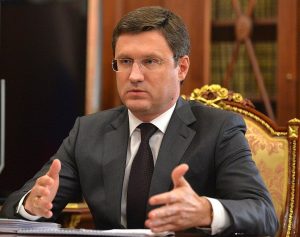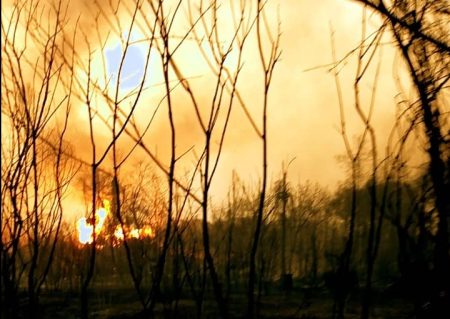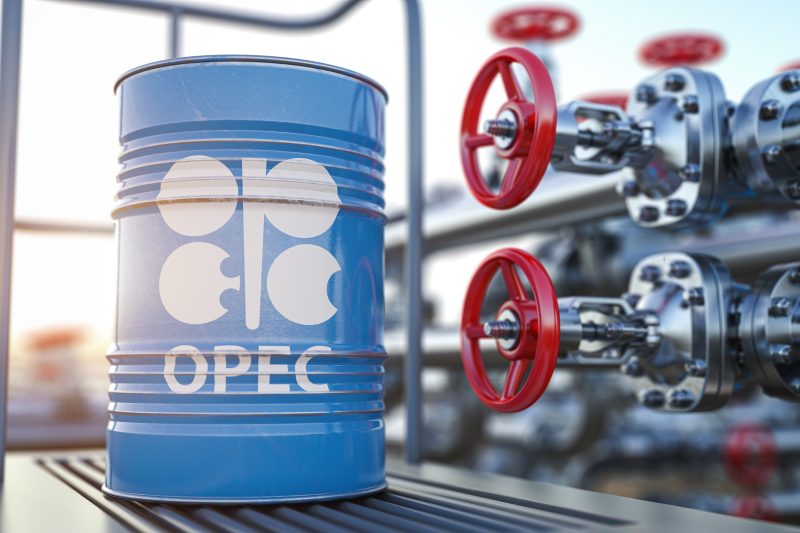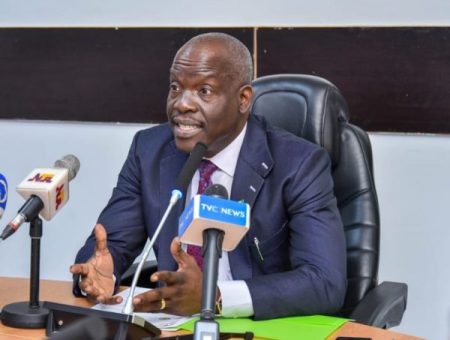It said the production level was assessed by independent sources certified by the OPEC+ deal. These include international consultancies.
The ministry said Russia had sent its schedule on overproduction compensation to the OPEC secretariat, and that its oil output had fallen each month starting from April.
The Organization of the Petroleum Exporting Countries and allies led by Russia, together known as OPEC+, have made a series of deep output cuts since late 2022.
Under the OPEC+ accord, Russia’s production quota stood at 8.979 million barrels per day (bpd) in May, including extra voluntary cuts, pledged by eight group members.
SAUDI’S CONCERNS
An industry source told Reuters that Russian Deputy Prime Minister Alexander Novak, President Vladimir Putin’s point man on OPEC+ ties, held a call with Saudi Arabia officials last week who expressed concern about Russia’s overproduction.
Novak’s office did not respond to a request for comment. The Saudi government communications office did not immediately respond to a request for comment.
Riyadh needs higher oil prices to balance its books. Saudi Arabia’s economic growth will likely be one of the slowest among the Gulf Cooperation Council countries this year, according to a Reuters poll of economists, who lowered growth forecasts from three months ago due to extended oil output cuts.
According to OPEC, Russia’s cumulative oil overproduction in January-June this year stood at 480,000 bpd under the OPEC+ deal, and the country has pledged to offset the bulk of the excess output next year.
Russia would offset 40,000 bpd of oil overproduction in October-November 2024, while 440,000 bpd of excess output will be offset in March-September 2025, OPEC said.
OPEC+ will hold an online joint ministerial monitoring committee meeting (JMMC) on Aug. 1 to review the market. Three sources told Reuters last week that the panel is unlikely to recommend changing the group’s output policy.
Reporting by Vladimir Soldatkin; editing by Jon Boyle, Jason Neely and Bernadette Baum – Reuters




